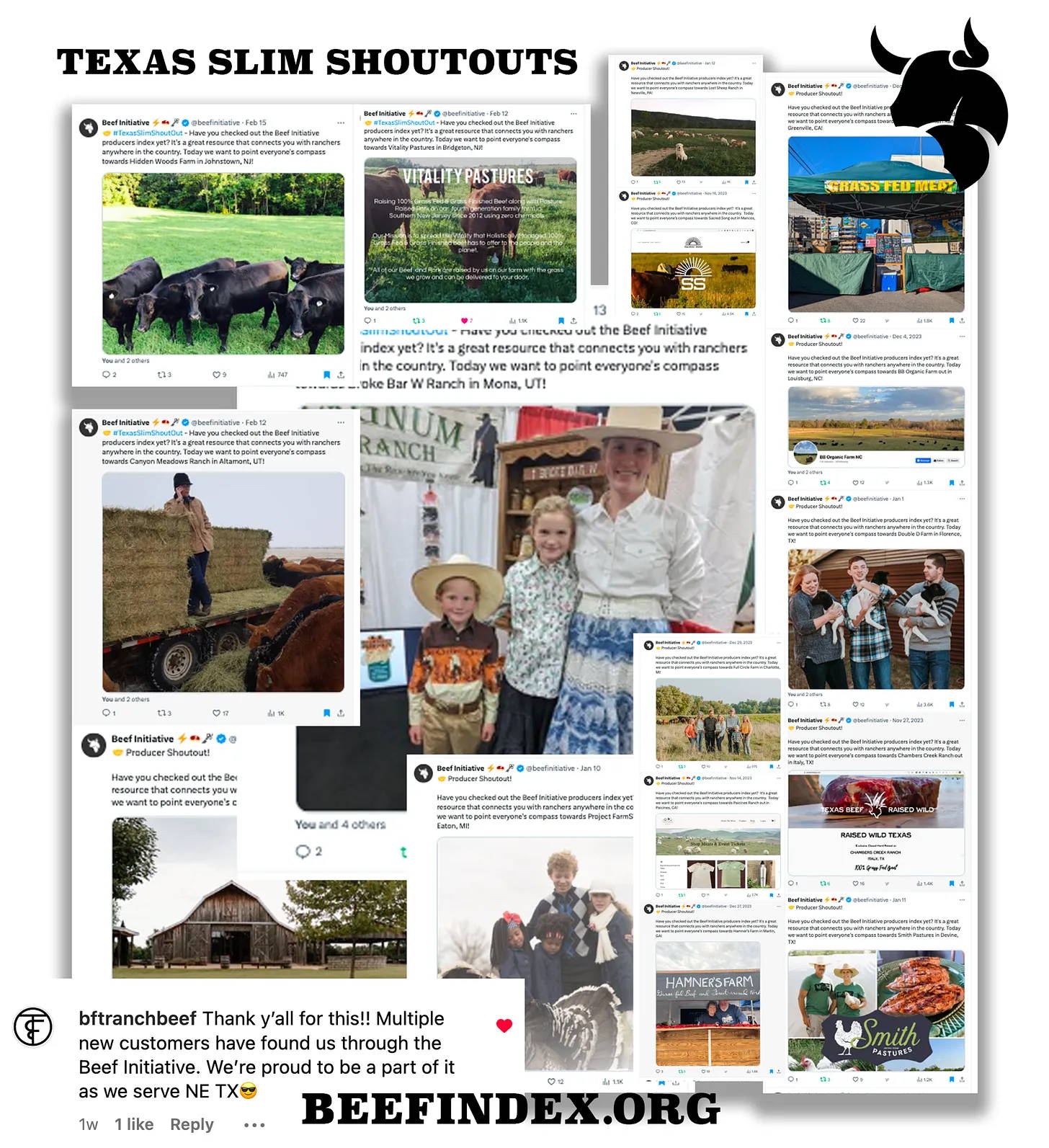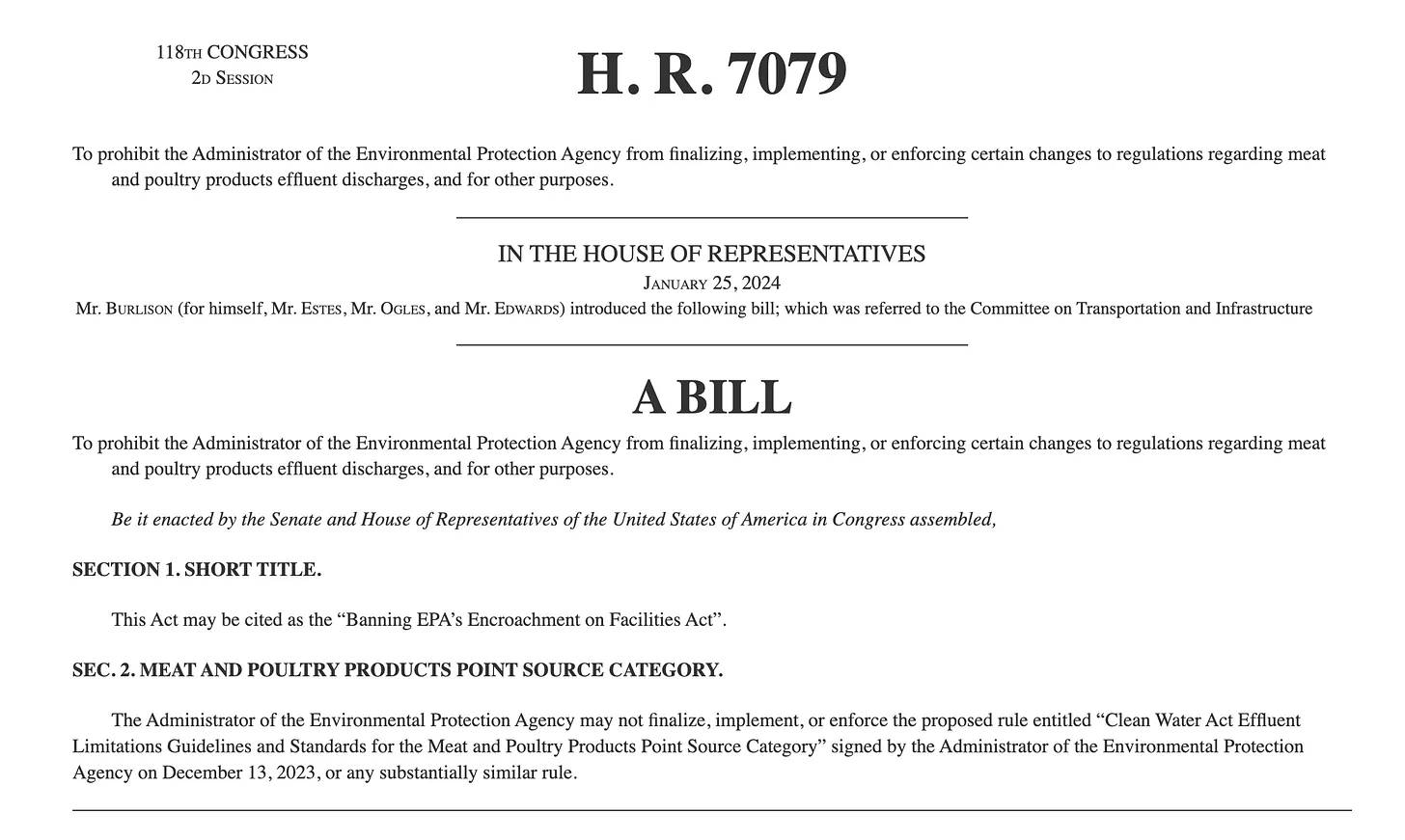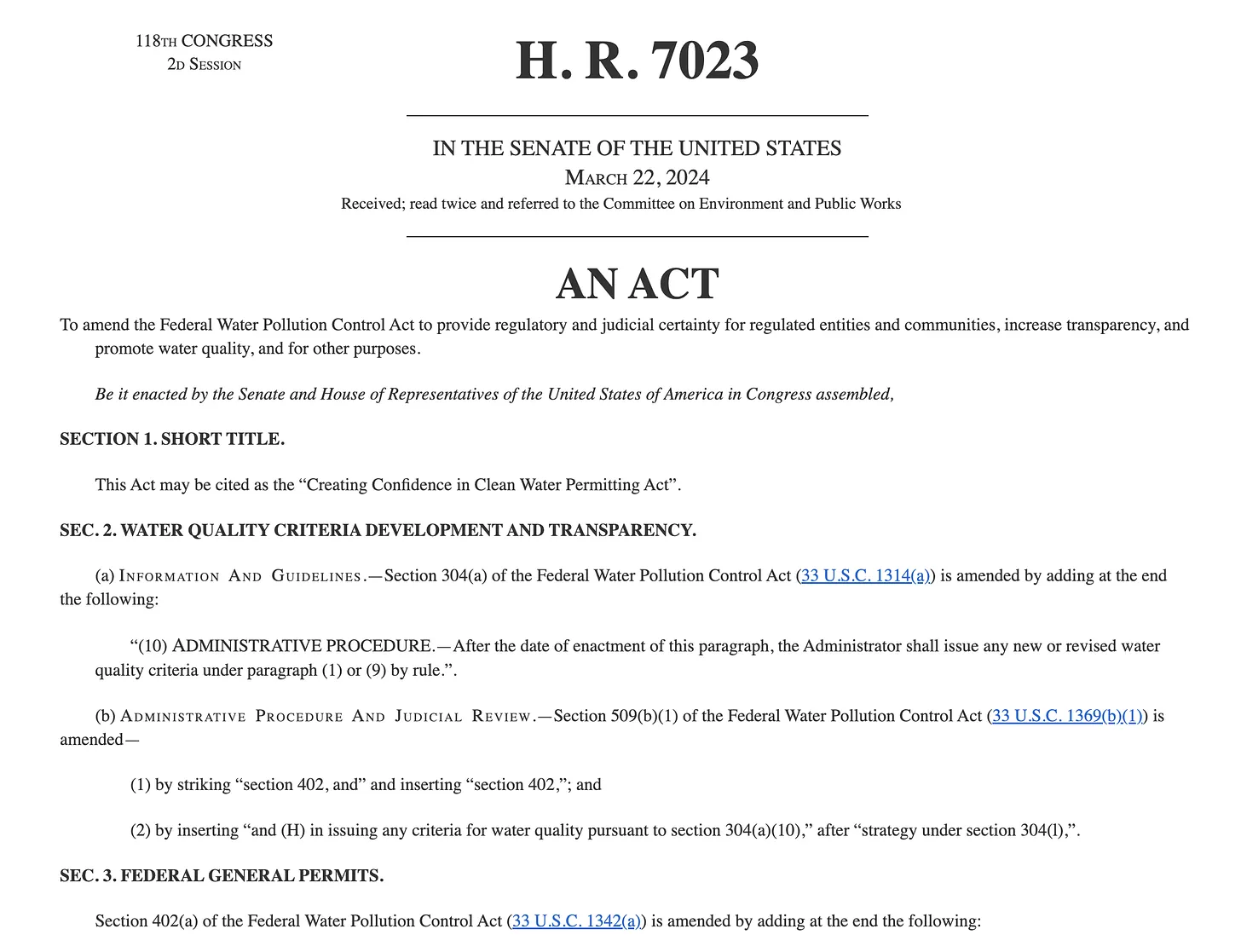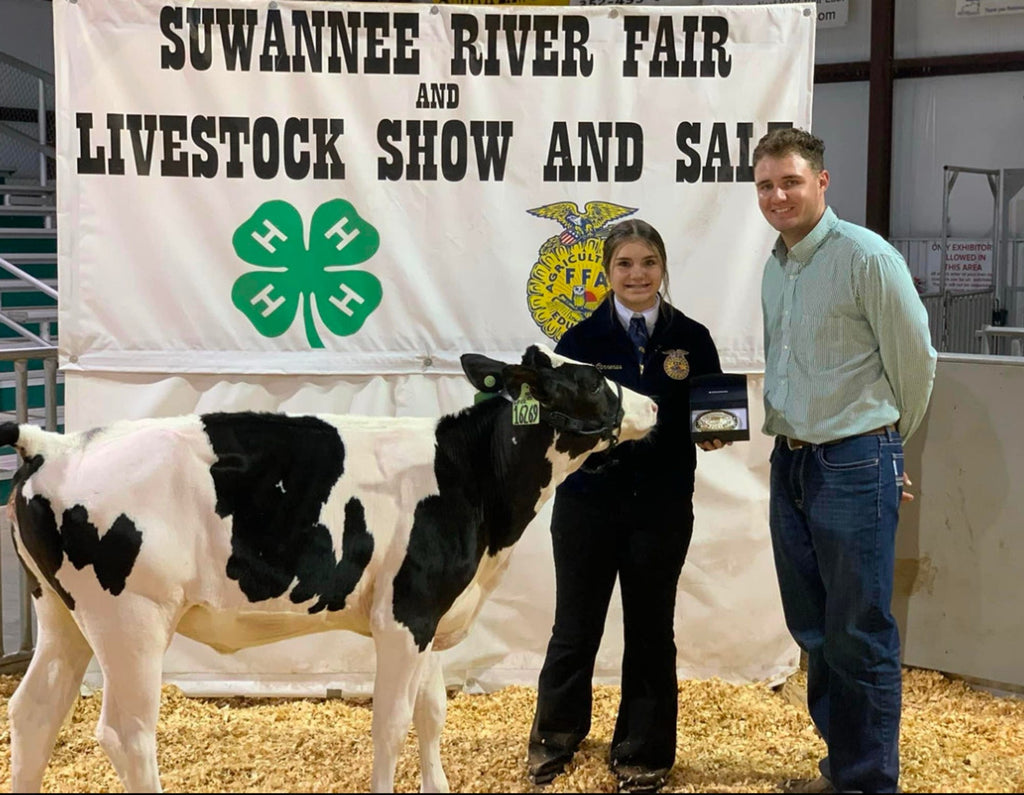TSCN#114: Eating Under Surveillance (Economic Fascism in America)
by STAFF
In today's agriculture and food systems, a blend of technological surveillance, centralized policies, and environmental and social agendas challenge traditional notions of food sovereignty and economic freedom. This overview explores the impact of these forces, highlighting the tension between innovation and the preservation of foundational values. It also recognizes the movements and legislative actions emerging to navigate and reshape this complex landscape towards sustainability and autonomy.
Subscribe
To join our mailing list and never miss an update!
In a time of significant shifts in our food systems, the I Am Texas Slim Foundation 501(c)(3) emerges as a champion for the sovereignty of our agriculture and the autonomy of our choices. We are dedicated to fostering transparency and diversity in our food sources. Your generous donations empower our ongoing research and educational initiatives, safeguarding the legacy of food freedom for generations to come. By supporting us, you're advocating for a future where the freedom to choose our food is a given, not a privilege. Join us in this crucial mission—every contribution makes a difference.

The One Health concept, which posits the interconnectedness of human, animal, and environmental health, enters the arena of global health with a grand vision. At its heart, the idea promises to unify efforts in tackling health challenges on a planetary scale. However, beneath this veneer of holistic unity, the application of One Health in the realms of agriculture and food systems raises significant alarms. Critical examination of how these principles are woven into regulatory fabric reveals a concerning narrative. Rather than acting as neutral guidelines aimed at harmonizing health outcomes, One Health principles are increasingly leveraged to justify regulatory maneuvers that nudge societal behaviors in specific directions—most notably, advocating for reduced meat consumption and pushing for stringent environmental regulations.
Economic Fascism in Reimagined

Most Popular
February 18, 2024
Trending Articles
October 6, 2023
March 10, 2024

January 7, 2024
Economic fascism finds new ground in modern agriculture, echoing Mussolini's belief in the supremacy of state needs over individual rights, as analyzed by Breeauna Sagdal. She highlights how today's policies centralize control over agriculture, pushing the food system towards state-dictated uniformity. This shift away from market and consumer-driven choices signals a resurgence of administrative overreach, reminiscent of historical economic control tactics.
Sagdal points out the contemporary tools of economic fascism: the Voluntary Carbon Market, DEI initiatives, and selective corporate protections that serve the regime's interests. These strategies reveal a deeper erosion of individual freedoms, steering us towards a future where personal ownership and autonomy are at risk. Her critique underlines the profound implications of such centralized power for our food sovereignty and individual liberties.
The Intricacies of Stakeholder Capitalism

Stakeholder capitalism, as touched on at the end of Texas Slim's seminal essay “The Harvest of Deception," casts a long shadow over the food systems, transforming the arena into one where consumer behaviors and data are commodified. Slim's forward-looking critique outlined a system where personal consumption patterns and choices morph into commodities, serving a market eager to profit from predicting and influencing these very behaviors. This critique painted a stark picture of a market evolution that prioritizes surveillance and profit over individual agency and market diversity.
"The food cartels in line with other global corporations have a plan and they are moving forward at lightning speed. It is called Stakeholder Capitalism which in turn will be designing Human Capital Bond Markets. Once these markets have been created they will then engineer new Hedge Funds and you will be placed into a certain hedge fund based on your consumption of food and daily content. You will be known better by the food cartel then you actually know yourself. You are a willing participant in this chess game. It is time you quit playing checkers and learn how to play chess as well."
-Texas Slim in The Harvest of Deception
Years after Slim's analysis, his projections have alarmingly materialized. Stakeholder capitalism has deeply entrenched itself within the food industry, altering it in ways that resonate with his initial warnings. The rise of human capital bond markets stands as a testament to this shift, showcasing a world where individual behaviors are monetized and leveraged to reshape societal norms and personal choices, all under the guise of market dynamics. This progression from theoretical critique to tangible reality highlights the profound implications for personal freedom and the diversity of the market, underscoring Slim's enduring analysis of stakeholder capitalism's influence on our food systems.
Navigating Ideological Capture and Regulatory Overreach
The regulatory landscape, shaped significantly by EPA regulations and the carbon credit system, embodies a stark example of ideological capture in the food system. Far from being solely about environmental stewardship, this framework imposes a rigid narrative on food production and consumption, steering it towards predefined ideological goals. The move towards these regulations marks the beginning of a journey toward a system where ranchers and consumers are evaluated and potentially penalized or rewarded based on their carbon footprint.
This trajectory towards a de facto social credit system is not a far leap from the current mechanisms in place. With carbon credits and diversity, equity, and inclusion (DEI) initiatives already influencing market dynamics and corporate behavior, the extension of such metrics to individual actions and their environmental impact is a logical next step. This evolution suggests a future where one's carbon output becomes a critical determinant of market access and social standing, embedding the principles of a social credit system into the very fabric of the food industry.
Technology's Role in Shaping Food Systems

The integration of technology for monitoring behaviors of both consumers and producers marks a crucial point of manipulation within the modern food system. Advances in data analytics and RFID technologies have introduced a new era of detailed oversight, enabling an unprecedented level of market and social manipulation. This technological evolution facilitates a detailed scrutiny of individual actions, profoundly altering the landscape of interaction and exchange.
Coupled with the burgeoning influence of carbon credits and diversity, equity, and inclusion (DEI) systems, these technological tools are paving the way for a new paradigm. By quantifying and assessing the carbon footprint and adherence to DEI principles of entities and individuals, these systems are subtly reshaping notions of autonomy and participation in the food industry. The implications of such a confluence of technology and regulatory mechanisms for the freedom of food producers and the integrity of global food systems are vast, hinting at a future where market success is increasingly dependent on aligning with specific environmental and social criteria.
The Path of Resistance and Solutions
Facing the formidable challenges posed by technological surveillance and regulatory overreach, grassroots movements and legislative actions stand at the forefront of the battle for food sovereignty and sustainability. The BEEF Act (H.R. 7079) symbolizes such an effort, aimed at empowering small, family-owned farms and encouraging practices that enrich local food systems and respect the environment. This act is a critical rallying point for those dedicated to maintaining a balance within our food production systems, highlighting the essence of community and ecological sustainability.
In parallel, the introduction of H.R. 7023 - Creating Confidence in Clean Water Permitting Act, represents another essential stride towards sustainable agriculture. This legislation seeks to refine the water permitting process, ensuring our natural water resources are safeguarded while simultaneously facilitating the agricultural sector's sustainable growth. Advocating for H.R. 7023 is a testament to our collective responsibility towards environmental stewardship and underscores the significance of water management in achieving a resilient and sustainable food supply chain. Through support and advocacy for such initiatives, we can navigate towards a future where food production aligns more closely with the principles of sustainability, equity, and environmental integrity.
Conclusion
This deep dive into the contemporary food landscape, shaped by the forces of stakeholder capitalism, environmental mandates, and a resurgence of economic control tactics, underscores a pressing need to reassert dominion over our food sovereignty and the principles of economic liberty. The obstacles we face, though daunting, are matched by an extraordinary capacity for resistance and transformative action. By elevating our collective consciousness, rallying community involvement, and championing proactive measures—such as supporting pivotal legislative efforts like H.R. 7079 and H.R. 7023—we stand on the cusp of redefining our food systems. Together, we have the power to usher in an era where the values of sustainability, inclusivity, and autonomy are not only upheld but celebrated, ensuring a resilient and equitable food future for generations to come.
Calls to Action
Now is the time to take action for food security in your community.
Send an email to your representative on the Transportation and Infrastructure Committee, using the provided template (below) to express your views and suggestions. Don't forget to amplify your message by tagging your representative on Twitter using the provided post template (below). This combined effort can significantly impact the decisions that shape our nation's future.
Instructions:
Step 1: Find your local representative on the Transportation and Infrastructure Committee at https://transportation.house.gov/about/membership.htm.
Step 2: Using their contact form or email address write the following:
Subject: Support for H.R.7079 and H.R.7023 - Strengthening Our Food and Water Systems
Dear [Representative's Name],
I am writing to express my strong support for H.R.7079, the BEEF Act, and H.R.7023, the Creating Confidence in Clean Water Permitting Act. These pieces of legislation are crucial for ensuring the sustainability and resilience of our food and water systems. The BEEF Act is vital for protecting small, family-owned farms and promoting sustainable agricultural practices. Similarly, H.R.7023 aims to streamline water permitting processes, safeguarding our precious water resources for future generations.
As your constituent, I urge you to support these bills. Their passage is essential for promoting environmental stewardship and supporting the livelihoods of those in our community. Please consider the long-term benefits of these acts for both our local and national ecosystems.
Sincerely,
[Your Name]
Step 3: Copy and paste the following into an X post and tag your representative:
Join me in supporting sustainable food and water systems by advocating for H.R.7079 & H.R.7023. These crucial bills will strengthen small farms and ensure clean water for all. @your-representative @RepThomasMassie @beefinitiative @modernTman @texasslimscuts https://texasslim.substack.com/p/tscn114-eating-under-surveillance
Step 4 (IMPORTANT): Replace @your-representative above with the representative in your area from the following link: https://transportation.house.gov/about/membership.htm









